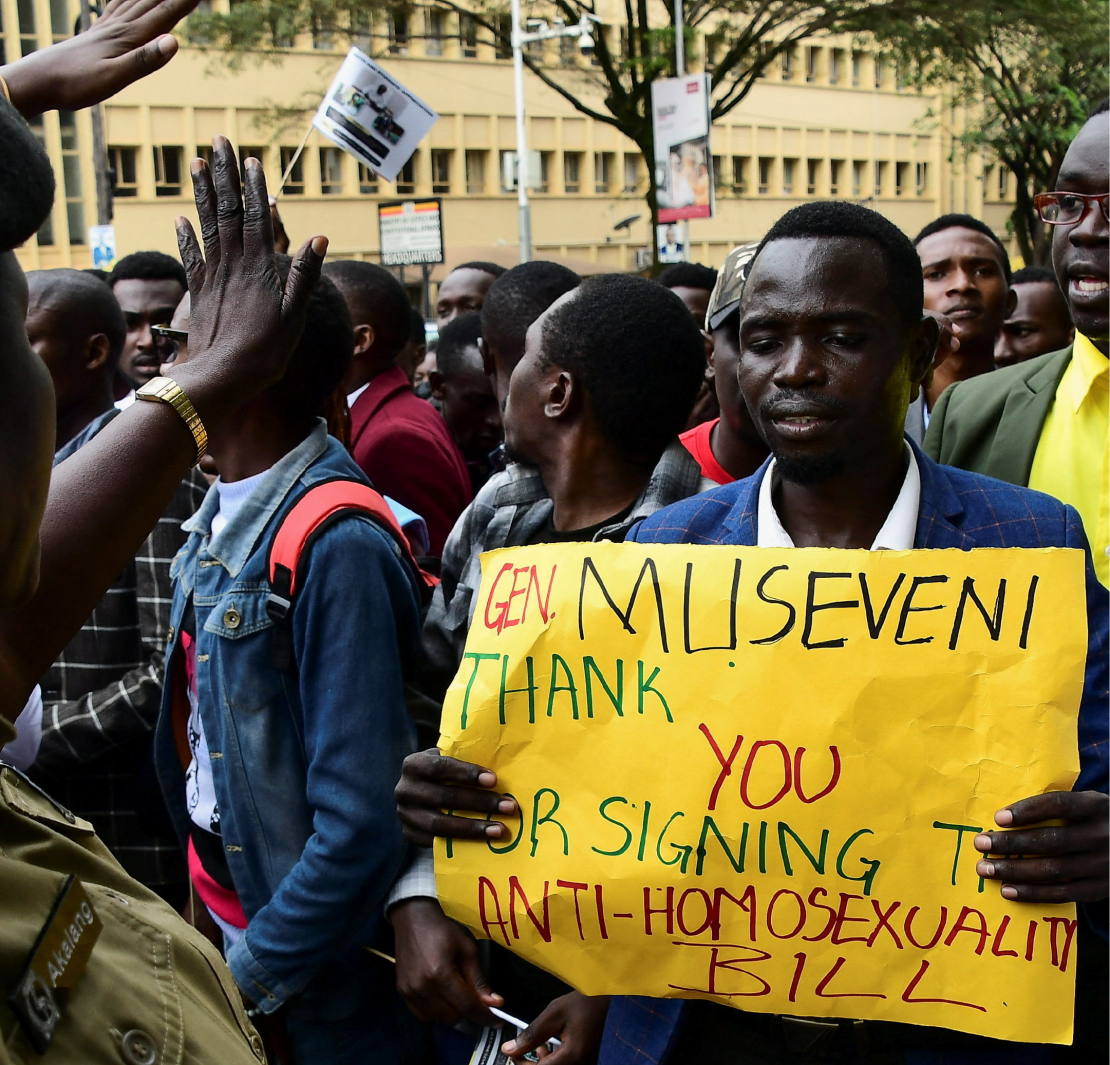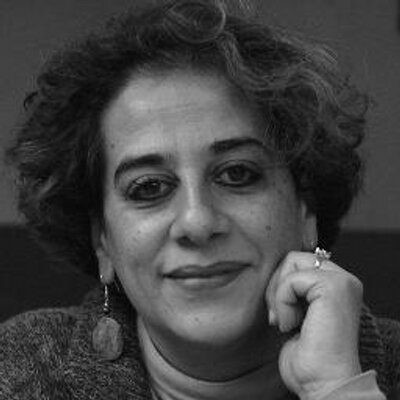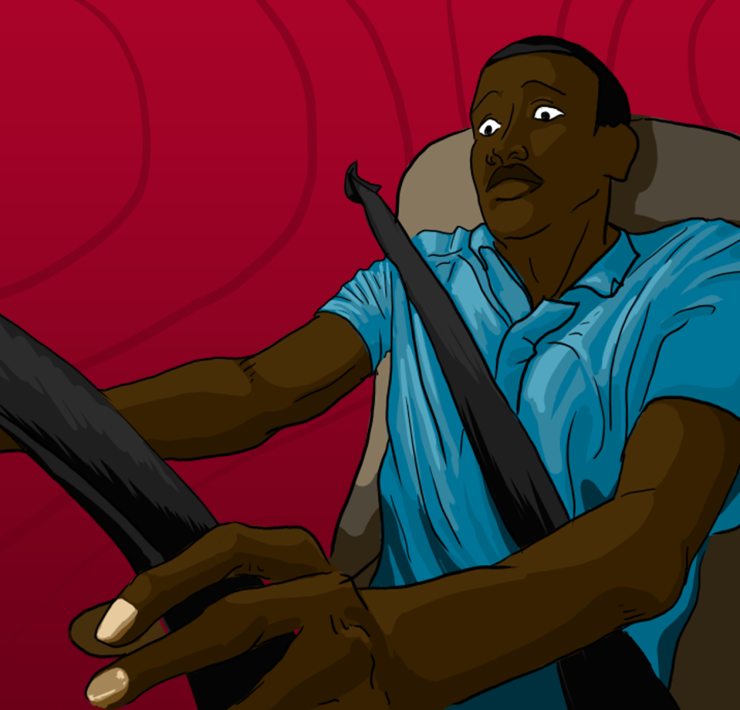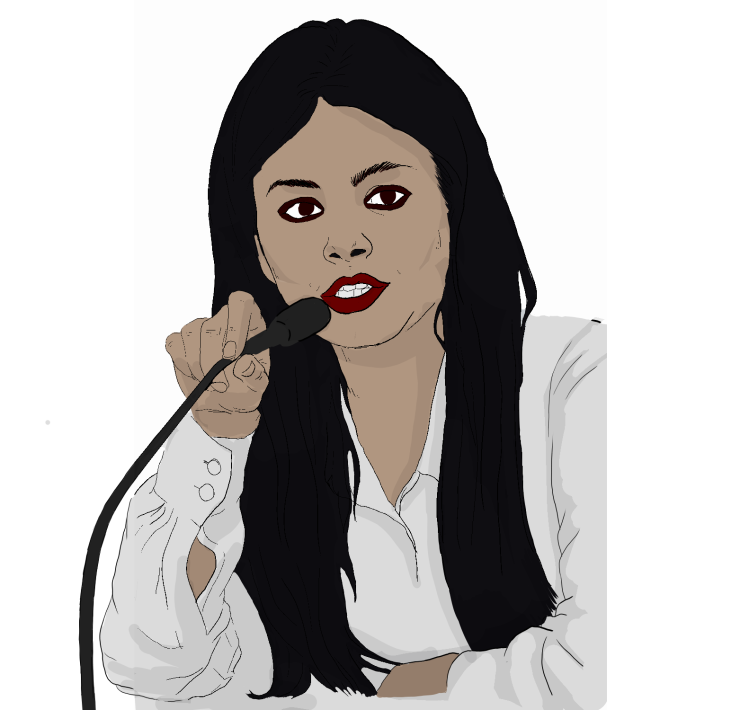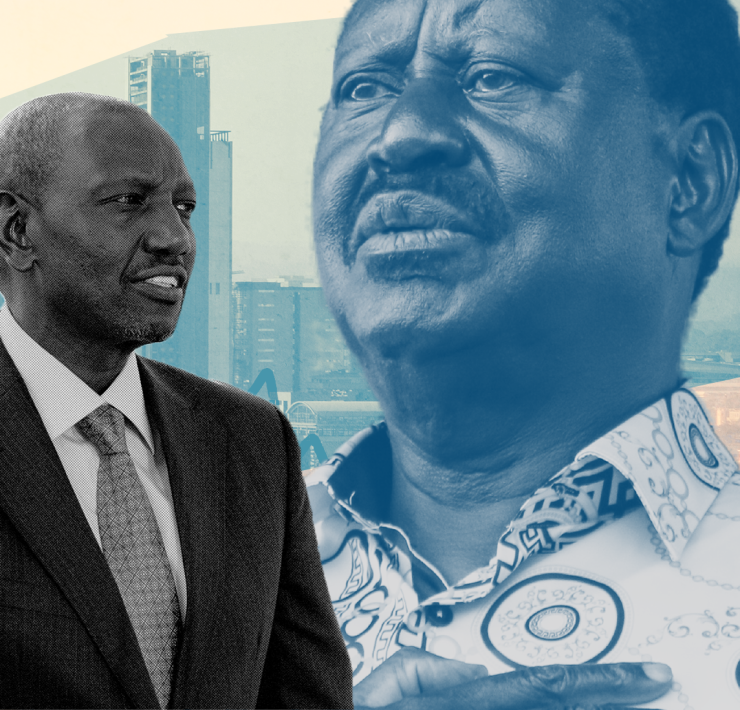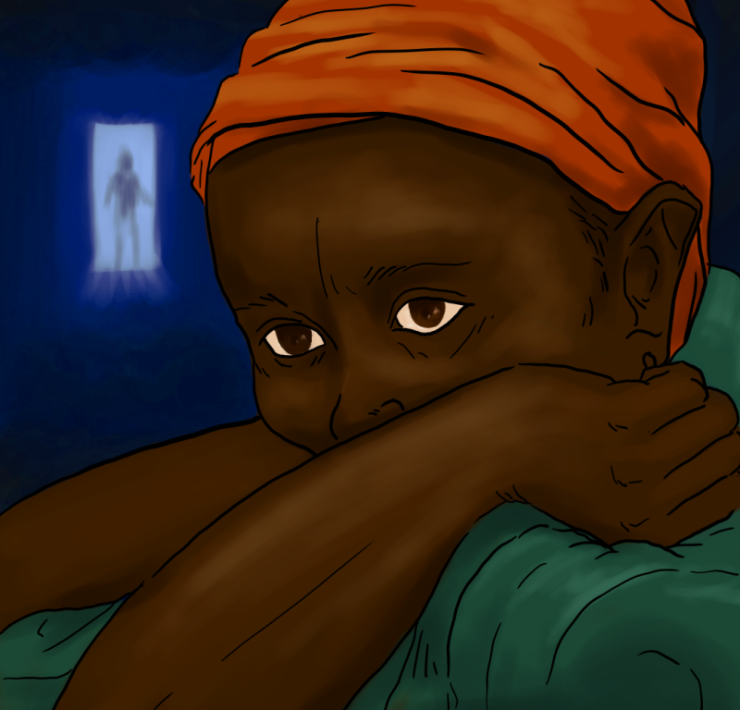Uganda has just passed one of the harshest anti-homosexuality laws in the world. Individuals engaged in same-sex sexual relations could face life imprisonment, while anyone who “knowingly promotes homosexuality” could be sentenced to up to 20 years in jail. Even organisations working with the LGBTQ+ community could face a ten-year ban. This puts at risk not just the LGBTQ+ community, but all those who provide essential services to this minority and others.
Uganda is one among around 30 African countries that have criminalised homosexuality, but no country in Africa has passed such a draconian law against homosexuals. Depending on how the law is interpreted, parents of gay children could find themselves locked up for harbouring and protecting a homosexual, and clinics providing HIV treatment or counselling to gay patients could have their licenses revoked. The law has rightly been condemned by human rights organisations around the world for its severity. It will likely lead to an exodus of homosexuals from the country.
Proponents of the law say that homosexuality is ‘un-African’ and that this law will protect Ugandan culture from ‘Western immorality’, as if homosexuality was an invention of the West. In every society, there exist people who are homosexual. People do not choose to be gay; it is just something some people are born with through no fault of their own. Evidence and historical records indicate that homosexuality has existed since time immemorial not just in Western nations, but around the world, including in Uganda. It is no secret that Kabaka Mwanga II, who ruled the kingdom of Baganda in the latter half of the 19th century, was gay. Effeminate men among the Langi of northern Uganda were treated as women and could marry men.
Sylvia Tamale, a professor of law at Makerere University who is also a prominent human rights activist, has studied the many sexualities that existed in pre- and post-colonial African societies, and has concluded that homosexuality was both practised and tolerated in most traditional African societies. The Ugandan academic says that sexualities in Africa were far more complex and layered than what is presented today by African leaders as ‘un-African’.
“The mistaken claim that anything is un-African is based on the essentialist assumption that Africa is a homogenous entity,” says Tamale. “As appealing as the notion of African culture may be to some people, no such thing exists. Moreover, even if we wanted to imagine an authentic African culture, like all others, it would not be static.”
Prof. Tamale’s research found that many African languages have words for homosexuals, which further proves that homosexuality existed in Africa before colonialism, Christianity and Western culture were imposed on the African continent. In the Wolof language spoken in Senegal, homosexual men are known as “gor-digen” (men-women); the Shangaan of southern Africa refer to same-sex relations as “inkotshane” (male-wife); erotic relations between women in Lesotho were described as “motsoalle” (special friend). And in Nigeria, the Hausa use the term “yan daudu” to describe men who act like women. None of these words are derogatory; they just describe an individual as he or she is, without judgement or hatred.
Same-sex sexual acts among the Ndebele and Shona in Zimbabwe, the Azande in Sudan and Congo, the Nupe in Nigeria and the Tutsi in Rwanda and Burundi were sometimes carried out for spiritual or ritualistic reasons. Cave paintings by the San people discovered in Zimbabwe show men engaging in same-sex activity. Many Egyptian deities were portrayed as hermaphrodites, having both male and female sexual organs. The ancient Egyptian Mother Goddess Mut is often depicted with an erect penis. Among some ethnic groups in Kenya and Tanzania, marriages between women were – and still are –sanctioned for economic or reproductive reasons. Women who cannot bear children “marry” another woman who can.
Prof. Tamale believes that African leaders selectively invoke African culture when it is convenient for them to do so and when they want to assert control over certain populations. African women, she says, are familiar with the mantra “It is un-African” when they try to assert their rights, especially over reproductive autonomy.
In the case of Uganda, the influence of fundamentalist evangelical churches based in America has further fuelled anti-homosexuality sentiments among Uganda’s largely Christian population. Such groups seek not only to gain converts, but to influence laws, policies and public opinion against homosexuality and women’s sexual and reproductive rights. It is ironic that the same Ugandan legislators who blame the West for bringing homosexuality to Uganda have no problems prostrating before evangelical leaders in the West that have been spreading homophobia across the continent. The same legislators also do not feel any shame when begging Western nations for aid. Uganda remains one of the most aid-dependent countries in the world.
Prior to colonisation, no person in Africa who displayed homosexual tendencies was penalised or persecuted. Uganda would do well by repealing a law that is essentially un-African, colonialist and unrepresentative of Ugandan and African societies.
Author
-

Rasna Warah is a Kenyan writer and journalist with over two decades of experience as an editor, writer and communications specialist. She wrote a weekly op-ed column for the Daily Nation, Kenya’s leading newspaper, for many years, and has contributed to various regional and international publications, including, the UK’s Guardian, Africa is a Country, The East African, The Mail and Guardian, The Elephant, and Kwani? She has worked as an editor and writer at the United Nations Human Settlements Programme (UN-Habitat) and has published two books on Somalia: Mogadishu Then and Now (2012) and War Crimes (2016). Her first book, Triple Heritage (1998), explored the history of South Asians in East Africa. Her latest book, Lords of Impunity (2022), examines the failures and internal contradictions of the United Nations and what can be done to transform this global body. She holds a Master’s degree in Communication for Development from Malmö University in Sweden and a Bachelor of Science Degree in Psychology and Women’s Studies from Suffolk University in Boston, USA. She is based in Nairobi, Kenya.
Rasna Warah is a Kenyan writer and journalist with over two decades of experience as an editor, writer and communications specialist. She wrote a weekly op-ed column for the Daily Nation, Kenya’s leading newspaper, for many years, and has contributed to various regional and international publications, including, the UK’s Guardian, Africa is a Country, The East African, The Mail and Guardian, The Elephant, and Kwani? She has worked as an editor and writer at the United Nations Human Settlements Programme (UN-Habitat) and has published two books on Somalia: Mogadishu Then and Now (2012) and War Crimes (2016). Her first book, Triple Heritage (1998), explored the history of South Asians in East Africa. Her latest book, Lords of Impunity (2022), examines the failures and internal contradictions of the United Nations and what can be done to transform this global body. She holds a Master’s degree in Communication for Development from Malmö University in Sweden and a Bachelor of Science Degree in Psychology and Women’s Studies from Suffolk University in Boston, USA. She is based in Nairobi, Kenya.

